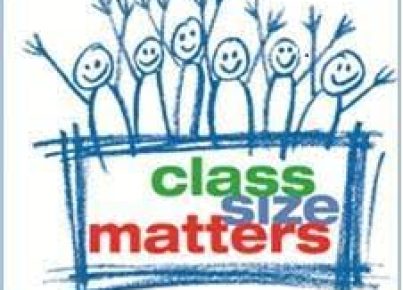In recent years, education has faced various challenges, including rapidly changing technology, student needs, and an evolving curriculum. These changes require educators to adapt quickly and effectively, often described as “building the plane while they fly it.” This expression highlights the need for educators to be proactive in their approach to teaching while simultaneously managing real-time classroom dynamics. It begs the question: How can we accurately evaluate teachers who are continually adapting and learning on the job?
1. Acknowledge The Role of Teachers:
Before evaluating teachers in such a dynamic environment, it is essential to understand their critical roles in shaping students’ lives. Effective educators do more than just impart knowledge; they inspire and support their students by creating an engaging classroom atmosphere, fostering creativity and curiosity, and addressing individual learning needs.
2. Continuous Professional Development:
To ensure teachers remain up-to-date with current pedagogy and technology trends, ongoing professional development is vital. Evaluating teachers based on their willingness and ability to engage in professional development opportunities would provide a strong indicator of their commitment to improving their practice continually.
3. Student Learning Outcomes:
While assessing student performance cannot solely determine a teacher’s effectiveness, it should still be considered as part of a comprehensive evaluation process. By examining student learning outcomes, we can identify teachers who excel at fostering academic growth despite the changing educational landscape.
4. Collaboration & Teamwork:
Educators who are capable of working effectively with their peers can share resources, ideas, and strategies that contribute to a collective effort in building a successful learning environment. An assessment of collaboration skills should be included in any teacher evaluation process.
5. Feedback Mechanisms:
Receiving constructive feedback from students, supervisors, and colleagues allows teachers to identify areas for growth and improvement. Evaluating this feedback provides valuable insight into how a teacher responds to criticism and adapts their teaching techniques.
6. Classroom Observations:
Classroom observations allow evaluators to gain a comprehensive understanding of a teacher’s ability to adapt and adjust their teaching practices. Observing an educator in action enables a firsthand perspective on their classroom management and ability to engage and support students in real-time.
7. Reflective Practice:
Evaluating a teacher’s ability to reflect on their teaching practices is another essential aspect of ensuring they are effectively building the plane while they fly it. Reflective practice involves regularly assessing one’s effectiveness, identifying areas for growth, and seeking opportunities for professional development.
In conclusion, the ongoing evaluation of teachers who are adapting to change requires a multifaceted approach that acknowledges the challenges faced in today’s educational climate. By considering various aspects such as collaboration, reflective practice, feedback mechanisms, student learning outcomes, and willingness to engage in continuous professional development, we can more effectively assess and support teachers who are continuously learning on the job and building the plane while they fly it.





